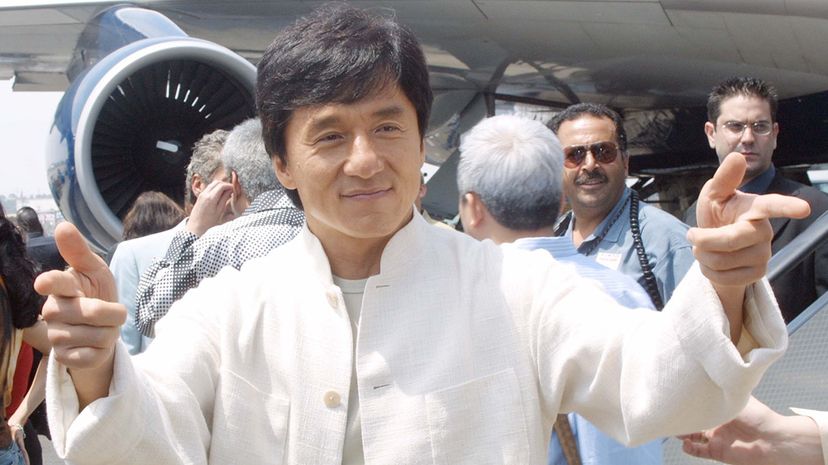
A few days after 9/11, rumors started circulating that action hero Jackie Chan had barely escaped with his life. He had been slated to begin shooting a movie called "Nosebleed," which involved a terrorist plot to fly a plane into either the Statue of Liberty or the World Trade Center, depending on who you talk to. The rumor was that Chan was supposed to have been shooting it the morning of the attacks, which would have put him on the roof when the planes hit. That turned out not to be true. He was still working on a different movie, and "Nosebleed" got canceled. But the topic of the movie was real, and it made people wonder: How did the screenwriters know that this could happen? Did they predict these events?
As it turns out, there's a whole theory about the power of media to predict and prepare us for the future. It's called predictive programming, and it encompasses not just terrorist attacks but new technologies and the existence of aliens.
Advertisement
How plausible is this theory? Are we really in danger of placidly tolerating any changes that those in charge wish to make, simply because of the media we consume? Stuff They Don't Want You To Know hosts Ben Bowlin and Matt Frederick take on all these questions and more in their episode "What Is Predictive Programming?"
Coined by conspiracist Alan Watt, predictive programming is the theory that ideas, situations and new technologies are carefully written into movies, TV shows and books to groom the general population into accepting societal changes. Examples include the pilot episode of "The Lone Gunmen," where a hijacked plane was flown into the World Trade Center as a false flag attack; "The Dark Knight Rises," which features a map of Gotham where one of the marked locations is Sandy Hook; and an episode of "Family Guy" in which Peter Griffin drives through the Boston Marathon, released only a few months before the bombing at the 2013 Boston Marathon.
Predictive programming, the thinking goes, also can be a way to disclose something scary to people like say, the existence of aliens, without panicking the population. Give people a few years of alien encounter movies, and then when you tell them it's all real, they're ready to believe and accept it.
Lots of these examples are legitimately creepy. For example, in Edgar Allan Poe's novel "The Narrative of Arthur Gordon Pym," a small ship's crew capsizes and tries to survive. They kill and eat a tortoise but eventually decide they'll have to resort to cannibalism. They draw straws, and a man named Richard Parker is the unfortunate first meal. Poe called it a "very silly story," but mere months after publication, a four-person crew capsized, captured and ate a turtle, eventually decided to eat one of their own, and devoured a 17-year-old kid ... named Richard Parker. (Dun dun DUUUUNNN!!)
So how likely is this theory to be true? Not very. Consider that we often see these patterns after tragic events, not before, a more "retrodictive" than "predictive" type of thing. And then there's the fact that scientists already turn to science fiction writers to help figure out technology trends, how people might use a product, what the future could look like. So are events predicted — or are we merely predictable? Listen to the podcast to find out more.
Advertisement